Happy Summer to all! The transition to a new season on the calendar offers an opportunity to reflect upon the previous months and also peek forward into the weeks ahead.
Summer represents different things to each of us. For some it is the relief from school schedules, for others, the promise of a planned vacation, and still others, the joy of ballgames or concerns about sweltering heat. One element of summer that brings us all together is the celebration of July Fourth. There is something about the waving of the Red, White and Blue of our nation’s flag that brings us together and compels us to think about the gifts of freedom and independence. Hot dogs in hand, with family and friends we honor both the idea of independence, and also the reality of the liberties that we enjoy. It is a great way to unify in celebration.
Of course, independence has additional meaning for DBHDD team members, and our partner providers and advocates. We strive to promote independence and integration into the community for individuals with Intellectual and Developmental Disabilities (I/DD) each and every day. Creating opportunities that allow for individual advancement is our mission, and I thank all of you for your collective commitment to demonstrating that Georgia can be a leader in this movement toward recovery and independence. Like every civil rights movement before it, the drive for people with disabilities to achieve more has been bolstered by very capable individuals that inspire and challenge us to push forward. Sometimes that requires assistance from DBHDD, and other times, that requires us to step out of the way. We are working hard to do both, so that our administrative necessities do not stand in the way of independence, but instead, facilitate it.
In June, I had the privilege to share in a celebration of Georgia’s leadership for people with disabilities. Governor and Mrs. Deal hosted a press conference at the Capitol to celebrate the launch of Georgia’s STABLE program. STABLE is the fulfillment of federal legislation designed to enhance the ability for people with disabilities to save and invest without losing benefits. It is tax-free savings plan that allows for qualified disability-related expenditures through the use of a STABLE card. You can learn more about this progressive program through the link on the DBHDD website or directly at Georgiastable.com. The press conference featured DCH Commissioner Frank Berry, Chair of the Georgia’s ABLE Board, Rep. Lee Hawkins, sponsor of Georgia’s ABLE legislation, and Tena Blakely, representing advocates and providers in Georgia. Governor Deal’s personal pride and commitment to people with disabilities was on full display. The wind beneath the wings of this effort is most certainly individuals that motivate us through individual courage and achievement. It is a proud step forward toward individual independence for people with disabilities.
This reflection upon freedom offers an additional opportunity for gratitude. This expression of thanks is to our veterans that bravely answered the call to serve our country and many of whom answered a similar call to serve Georgia’s most vulnerable individuals. DBHDD and our provider network employ numerous veterans, and we want to thank each of you for your commitment to serve. We honor your courage, dedication, and the selfless work you do each day. At our state office at 2 Peachtree, we are inspired every day by Dr. Emile Risby, DBHDD’s Medical Director. Dr. Risby is a Colonel in the United States Army Reserve and embraces this duty with the same enthusiasm that he leads our hospitals. This is further evidence that the goals and values we strive to achieve are often embodied by those right in front of us.
Happy Independence Day to us all!
Judy Fitzgerald, Commissioner
Department of Behavioral Health & Developmental Disabilities
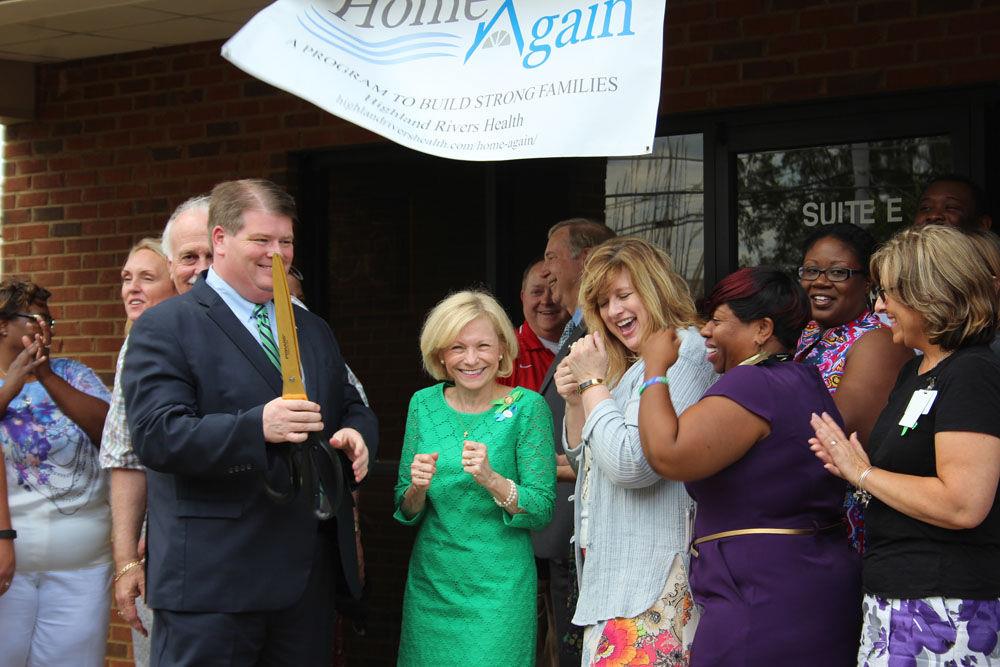
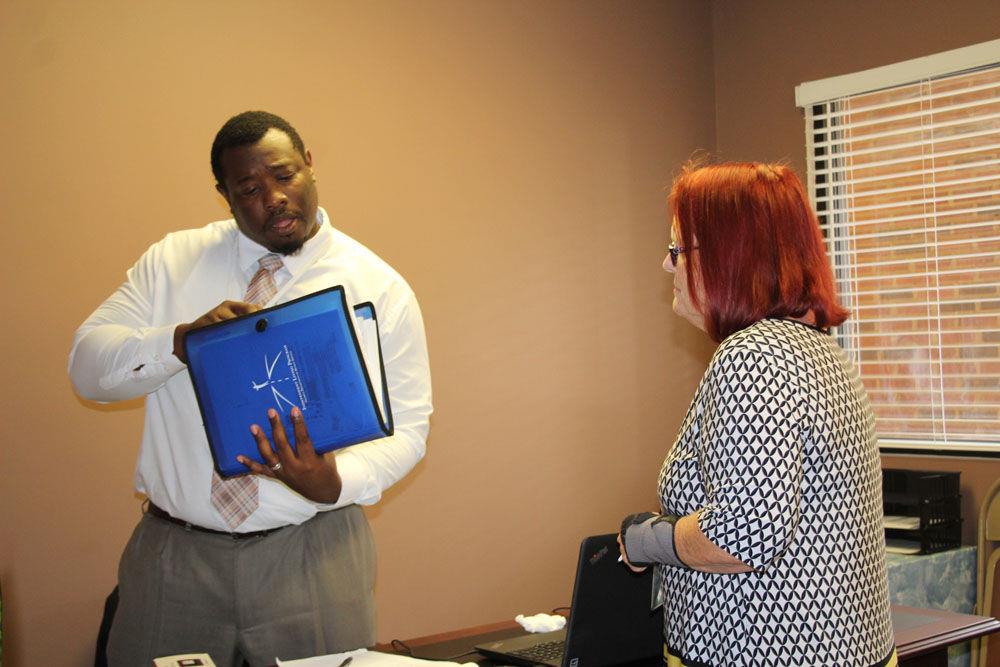
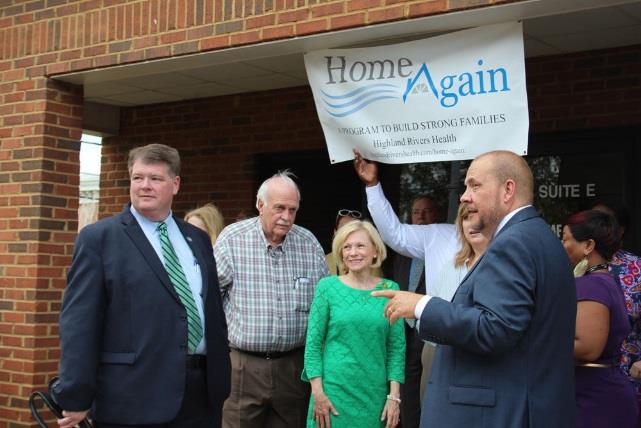
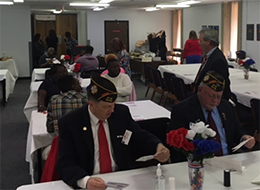 West Central Georgia Regional Hospital, along with three veterans service organizations, hosted a special recognition lunch event for staff, client, and special guest veterans in observance of Veterans Day last month.
West Central Georgia Regional Hospital, along with three veterans service organizations, hosted a special recognition lunch event for staff, client, and special guest veterans in observance of Veterans Day last month.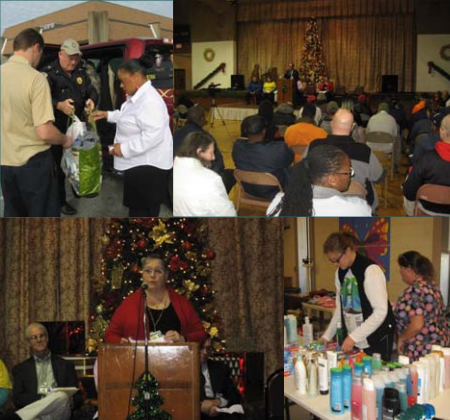 Cities across Georgia participated in the 58th annual Georgia Municipal Association’s Mayors’ Christmas Motorcade, donating gifts to individuals at DBHDD’s state hospitals.
Cities across Georgia participated in the 58th annual Georgia Municipal Association’s Mayors’ Christmas Motorcade, donating gifts to individuals at DBHDD’s state hospitals.
 More than 100 leaders in the faith community, social workers, government officials, and families of individuals with substance use disorders gathered in Gwinnett last week to discuss the rising heroin crisis.
More than 100 leaders in the faith community, social workers, government officials, and families of individuals with substance use disorders gathered in Gwinnett last week to discuss the rising heroin crisis. 